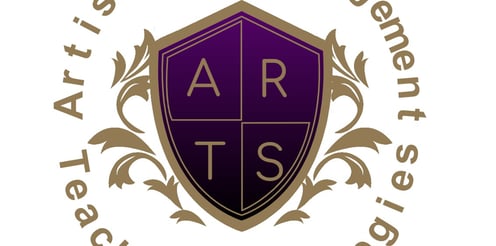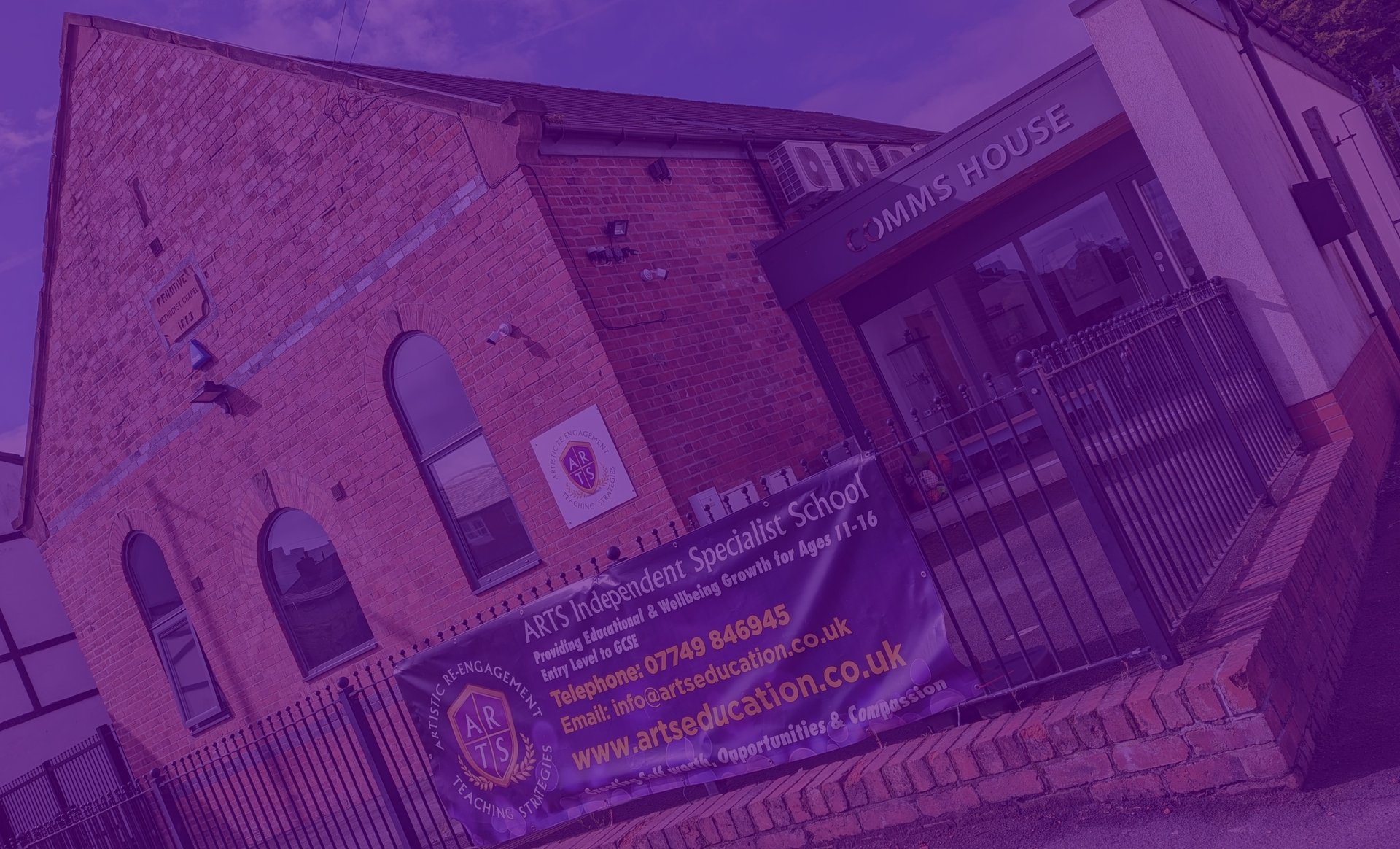


To Create: Self-worth, Opportunities & Compassion
Aims and objectives
Mathematics is an integrated part of the National Curriculum across many subject areas. All students need a good foundation in the subject as they will use Mathematics in everyday situations and real life contexts throughout their lives.
A.R.T.S Mathematics curriculum focuses on teaching students how to make sense of the world around them in a fun and bespoke manner. Through developing their ability to calculate, mathematically reason and problem solve. Our curriculum enables students to understand relationships and patterns in both number and in their everyday lives. Through their growing knowledge and understanding , students learn to appreciate the contribution made by many cultures to the development and application of mathematics.
Students should gain confidence and learn a variety of skills to tackle problems. Through our mathematics curriculum students learn how to evaluate their work to improve and extend their knowledge.
- To deliver Mathematics lessons in line with the Key Stage 3 and Key Stage 4 National Curriculum for Mathematics as appropriate to the individual and personalised needs of each and every child.
- To promote enjoyment of learning through a combination of practical activity and discussion
- To develop financial skills through real life contexts and opportunities
- To develop independence in work, thought and action through the teaching of key skills and real life problem solving activities
- To promote confident engagement and competence with numbers and the number system
- To develop the ability to solve problems through decision making and mathematical reasoning in a range of contexts
- To develop a practical understanding of the ways in which information is gathered and presented
- To encourage students to communicate observations, thoughts, feelings and experiences to others
- To explore features of geometry and develop measuring skills in a range of contexts
- To understand the importance of Mathematics in everyday life
- To provide opportunities to explore, investigate, question and predict possible outcomes of real life situations
- To encourage the transfer and generalisation of skills across the curriculum and into everyday life through the promotion and encouragement of key life skills
Key stage 3 Maths
Initially, time is spent getting to know the students and assessing their levels before beginning a differentiated bespoke programme of study. Students participate in a number of practical aspects of Mathematics during the settling-in period in order to enable them to develop trusting and respectful relationships with staff. Practical activities help the students to develop skills in Mathematics in a very fun and interactive manner. As the students settle, adapted worksheets are introduced that are made specifically to be user friendly and to mimic what can be found in an accompanying textbook. This is an important strategy as it aids students in being able to make a key transition later onto more formal textbook work. At different times, driven by the varied needs and capabilities of the students, textbooks are introduced and students are supported in the teaching and learning of formal written calculations and problem solving activities.
Pupil’s progress is monitored over this period to ensure that they achieve or exceed progression each year. The students take part in an assessment at the end of each unit of Mathematics and their scores are recorded and progress shown.
In key stage 3 pupils are given a broad range of topics to study from. These skills are at the heart of the National Curriculum and underpin the framework for Mathematics
- Number
- Geometry
- Measure and Statistics
- Mathematical fluency
- Mathematical reasoning
- Problem solving.
The pupils are guided and monitored through a thoroughly differentiated course of study to ensure that they access work that is appropriate to their ability.
Towards completion of Key Stage 3 program students are encouraged to develop their skills necessary to work directly from a textbook and begin to understand the importance of recording their calculation methods and are more advanced in terms of their reasoning and problem solving skills. The students are encouraged to participate in activities that develop skills necessary for formal accreditation. Preparation for formal accreditation pathways begins in Year 9 and students are introduced to their individual pathways for learning. All students receive a personalised pathway that suits their individual needs and is tailored to enable them to achieve optimum success in the future.
Key Stage 4 Maths
GCSE Accreditation Pathway
Students who are working at the appropriate levels will start the GCSE course for Mathematics. Students will be encouraged to focus on activities that involve the development of mathematical fluency, reasoning and problem solving; all of which are the aims of the National Curriculum for Mathematics.
The formal course covers work from the four strands of Mathematics;
- Number
- Geometry
- Measure
- Statistics
This will be at greater depth than Key Stage 3, but obviously builds upon the foundations laid in previous years. The curriculum provider for GCSE and exam board is AQA and the course is 100% examination and a thorough revision package exists prior to an external exam. The course assessment requirements are that students will be expected to sit three exams, all being 1 hour and 30minutes duration. During the Key Stage 4 curriculum students will be fully supported.
Non-GCSE Accreditation Pathways
Students who are not preparing for GCSE in Mathematics will have the opportunity to follow different accreditation pathways.
Functional Skills
The Functional Skills qualification in Mathematic is suitable for those students who are working towards who require a solid basis and foundation before later moving on to a progression to a GCSE qualification. This qualification aims to promote mathematical thinking and transferable skills rather than rote learning. It also covers Mathematics that is useful in everyday life and real contexts and contextual material that highlights the benefits of Mathematics for the world of work. The exam board is AQA and the course is 100% examination and a thorough revision package exists prior to an external exam. The course assessment requirements are that students will be expected to sit one exam of 1hour 30minutes duration. During the Key Stage 4 curriculum students will be fully supported.
Entry Level
The Entry Level qualification in Mathematics is suitable for those students who are working below the levels necessary in order to attain a GCSE. The Entry level certificate helps students to develop and apply their mathematical skills in relevant contexts as well as engaging them in problem solving activities at an appropriate level. The provider for this qualification is AQA and students are required to complete eight units of work for a portfolio that is marked by the teacher and then sent away for external moderation.









